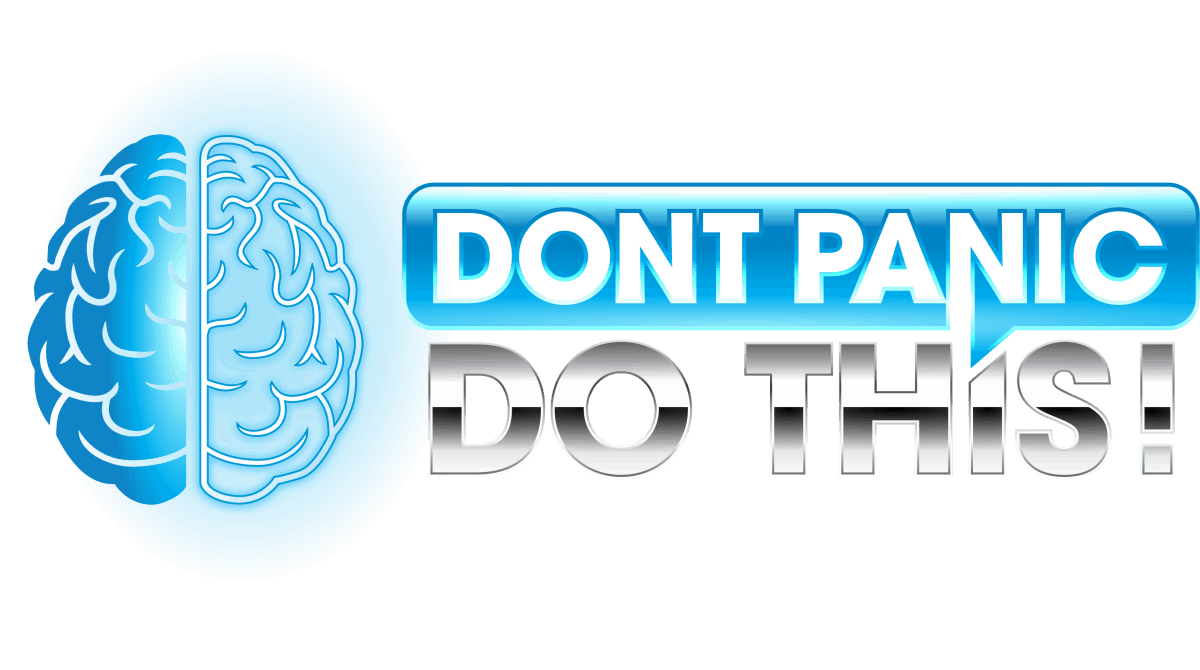Obsessive-Compulsive Disorder, more commonly called OCD, is one of the most well known and discussed of the anxiety disorders. For whatever strange reason, OCD does not seem to carry the same mental health stigma of the other anxiety disorders. People tend to be far more open about their OCD symptoms than, say, their social anxiety or their fear of public speaking.
A person with OCD will feel obsessive thoughts or the compulsion or urge to act out a certain behavior.
Obsessive thoughts can often be negative, for example, the thought that something bad will happen if you step on a crack or don’t make it to the next mailbox before a passing car.
Compulsions are often completely irrational and can become a pattern or ritual that a person feels compelled to follow. Sometimes there is no reason behind these behaviors, while other times a person may feel that something bad may happen if they don’t act on the compulsion.
Obsessions and Compulsions can sometimes be harmless, but other times they can greatly interfere with one’s life.
Having to repeat certain actions in a specific way before being able to relax or move on can be debilitating. Checking the locks 8 times before going to sleep, washing hands 30 times per day, or having to have everything perfect before leaving the house are all examples of Obsessive-Compulsive Disorder that could cost someone their job, relationships, or health.

Symptoms of Obsessive-Compulsive Disorder (OCD)
OCD can manifest itself in many different ways from person to person.
Irrational thoughts and habits that are difficult or impossible to suppress are the hallmark symptoms of Obsessive-Compulsive Disorder.
Some of the most common obsessions and compulsions people tend to experience include:
- Obsession with cleanliness or neatness
- Compulsion to get dressed in a certain order
- Obsession that something bad may happen if they do not perform an action
- Compulsion to check the locks in the house a certain amount of times
- Obsessive awareness of their own breathing, blinking, or heart rate
- Compulsion to wash hands a certain amount of times
- Obsession with certain numbers, color or words being “bad” or “good”
- Compulsion to keep objects in a certain order or to have the house a certain way before leaving it, etc.

OCD Treatment
Obsessive-Compulsive Disorder is typically a lifelong anxiety disorder with no permanent cure. Psychotherapy is the most common solution, and can often help to lessen symptoms enough for OCD to become manageable.
Lifestyle changes such as diet, exercise, yoga, and meditation should also be considered to help keep the brain healthy.
In severe cases, your psychiatrist may feel that medication is necessary to help treat you. This is not usually necessary for most people.

